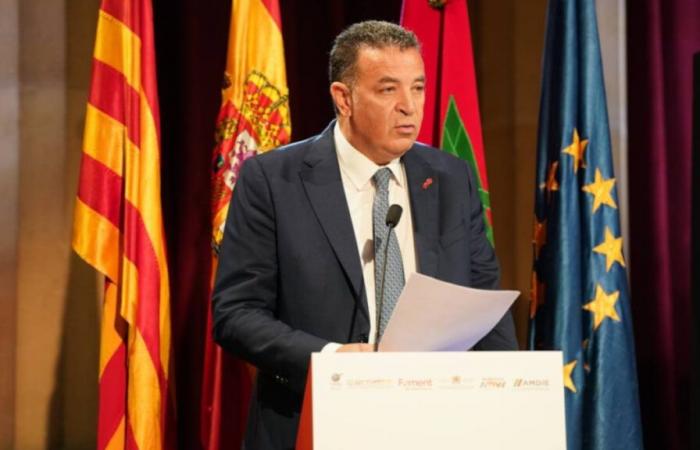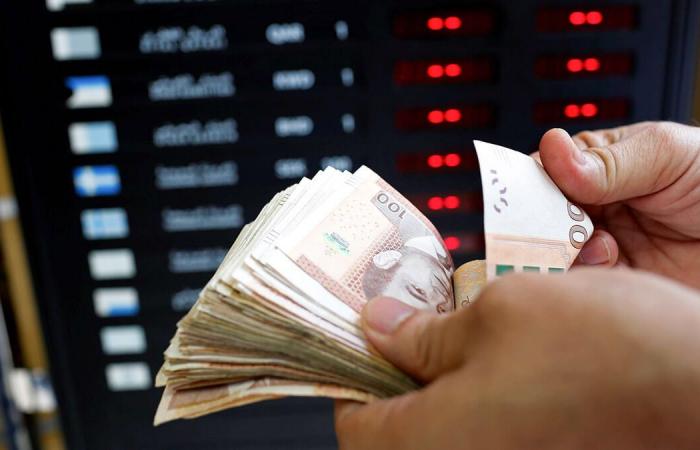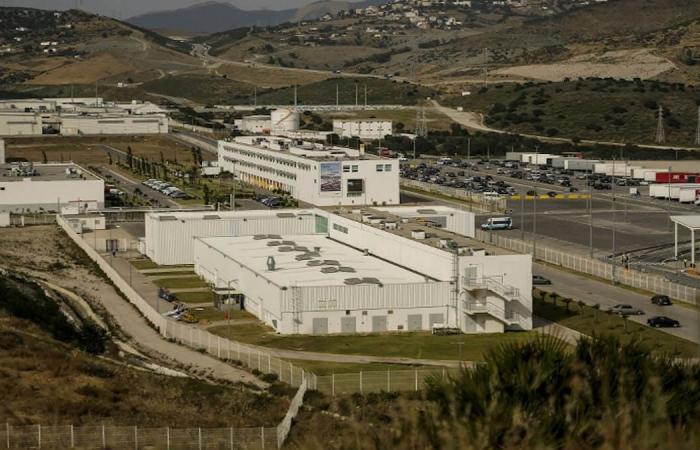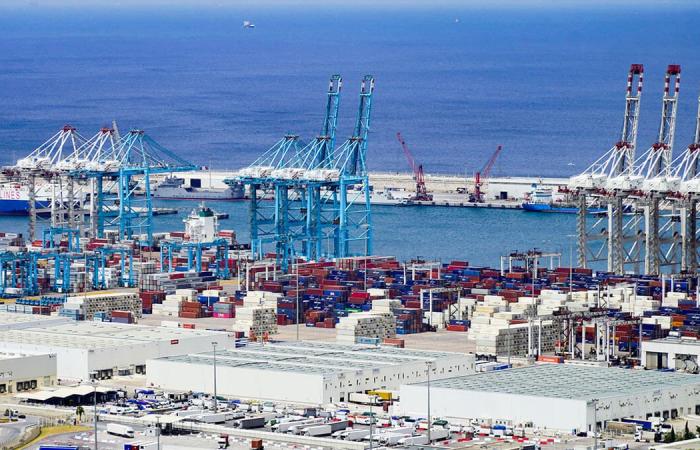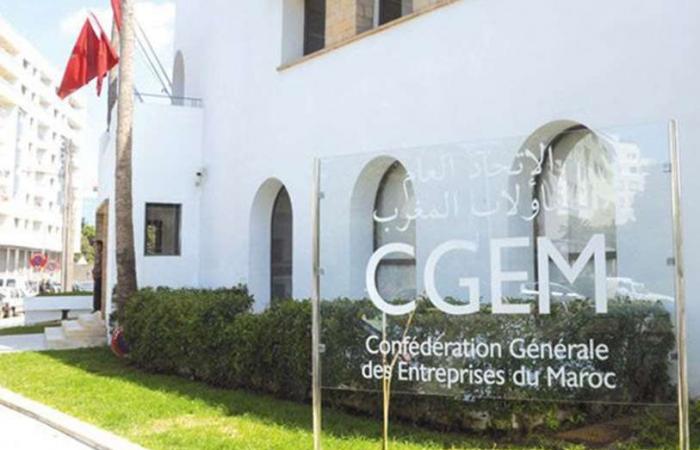- Tax and customs proposals
Looking ahead to the year to come, the General Confederation of Moroccan Enterprises (CGEM) presented its new proposal for the project finance law 2025which includes many changes of great interest to Moroccan businessmen. From reducing taxes to promoting new startups, the CGEM aims to take a giant step forward with the implementation of 26 new regulations.
The main points of these new regulations are: the reduction of labor taxation, the change in the method of calculating professional tax, the establishment of adapted green and carbon taxation, the improvement of the fiscal neutrality of restructuring of groups, boosting the development of startups, encouraging public calls for savings, promoting waste recovery and encouraging the energy transition. The organization led by Chakib Alj focused the reform on the well-being of employers and employees.
The first measure is the reduction of the income tax (IR) scale over a period of 3 years with a target rate of 35% in 2027, or one point per year. This means that the rate will be gradually reduced over the next 3 years, with the idea being to reach a maximum of 35% tax for marginal (highest) income. This measure will have the effect of saving large sums of money for the rich, so that investment will gradually increase.
Extension of the exemption limit for severance pay to 2 million dirhams from the age of 50. This measure aims to ensure that tax is only paid on the amount exceeding 2 million dirhams. For example, if you receive a severance payment of 3.5 million dirhams, only 1.5 million dirhams will be taxed. The first two million dirhams would be exempt.
Increase the threshold for exemption from the “basket premium”. This means that supplements provided by the boss (basket bonus) for any work-related reason will be taxed as long as they do not exceed 50 dirhams.
Maintain the 5-year exemption for new businesses. This incentive measure aims to ensure that anyone creating a business in Morocco is exempt from tax for the first 5 years in order to increase investment and encourage work.
Modify the tax bases to equalize civil servants in the same sector by taking EBE as a reference. The objective is that from the gross operating surplus (EBE), which measures the profits of the company before deduction of taxes, a common tax is imposed on all companies of the same nature, without taking into account reasons such as rental of premises.
Harmonize the evaluation method. Reducing the calculation process is crucial for businesses because it helps avoid errors on the amount of tax to be paid and reduces the number of fines imposed by the Moroccan tax administration.
Implementation of the “polluter pays” tax. Aware of climate change, the CGEM wants companies to move towards green sustainability, in which only those that do not adapt to new times will have to pay more, thus avoiding an activity paying taxes twice.
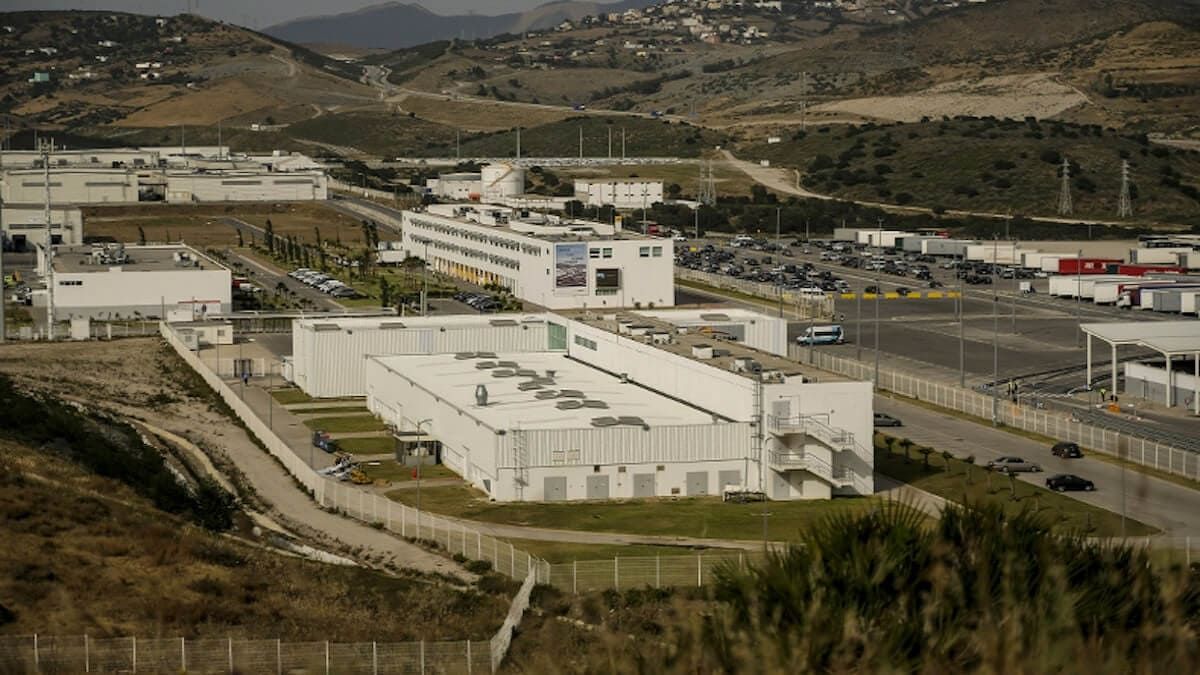
To avoid complications in tax declarations, all assets can be valued according to the same parameter in order to unify and avoid discrepancies. These assets may include real estate and technical equipment. In addition, it will facilitate the contribution of third parties to companies in a more efficient manner and with fewer tax burdens.
Tax and customs proposals
In order to attract foreign investment, the CGEM proposes to reduce tax contributions and customs payments. As a first measure, the Confederation proposes the unification of quotas to simplify, rationalize and facilitate the tax payment process for businesses. Likewise, it is proposed to increase the deductibility threshold for the purchase of company vehicles.
Regarding the value added tax, the CGEM proposes changes that favor neutrality, that is to say the equalization of tax rates downwards so that large companies can maintain their investments and that SMEs can access the market more competitively. To do this, the Confederation proposes to redefine the concept of small and medium-sized businesses in order to be able to apply tax advantages adapted to their sector.

What is the impact on the worker? A better definition of the concept of SME will allow these companies to benefit from free training courses which can be requested from the Ministry of Labor. These courses will be tax-free for businesses, so employers can increase the cognitive and practical skills of their employees at zero cost, while the employee gains more knowledge.
Like SMEs, startups are the new project that the CGEM wants to promote. More tax benefits, exemptions and investors are some of the points the organization wants to focus on so that those who invest in these new start-ups receive great benefits.
When it comes to VAT on products, the focus has been on plastic, one of the biggest enemies in the fight against climate change. Two tax rates will apply depending on the percentage of plastic recycled in the waste. If this percentage does not exceed 95%, the tax rates will be maintained; otherwise, there will be a considerable reduction in the tax paid on plastic waste.
In this regard, the main beneficiaries will be companies in the agri-food sector, which will see their rate drop from 20% to 10%. This new rate will apply to processed products. With the elimination of taxation imposed by intermediaries, this would mean a reduction in VAT on processed products of more than 150%.
Companies in the metallurgical sector will also benefit from the same reductions. These companies will first have to formalize the origin of the materials purchased and carry out a prior self-assessment to be able to benefit from the new tax advantages.
On the other hand, in customs matters, the organization offers a better examination of products imported from abroad, adapting them to the ICT (Internal Consumption Tax) in order to equalize payments and speed up the process. Regarding the purchase of products, the CGEM was keen to highlight the reduction in customs duties on frozen tuna for the benefit of companies that process it; and energy accumulators which will go from the current tax of 40% to a symbolic rate of 2.5%.

With this package of 26 measures, the General Confederation of Moroccan Enterprises intends to extend the already positive effects of the New Investment Charter at least until 2027. In line with the government’s actions, the Confederation has taken an important step towards tax harmonization for businessmen operating on the national territory.
Pending their approval, Moroccan business associations have given their approval to the packages which, they hope, will be implemented as soon as possible.

